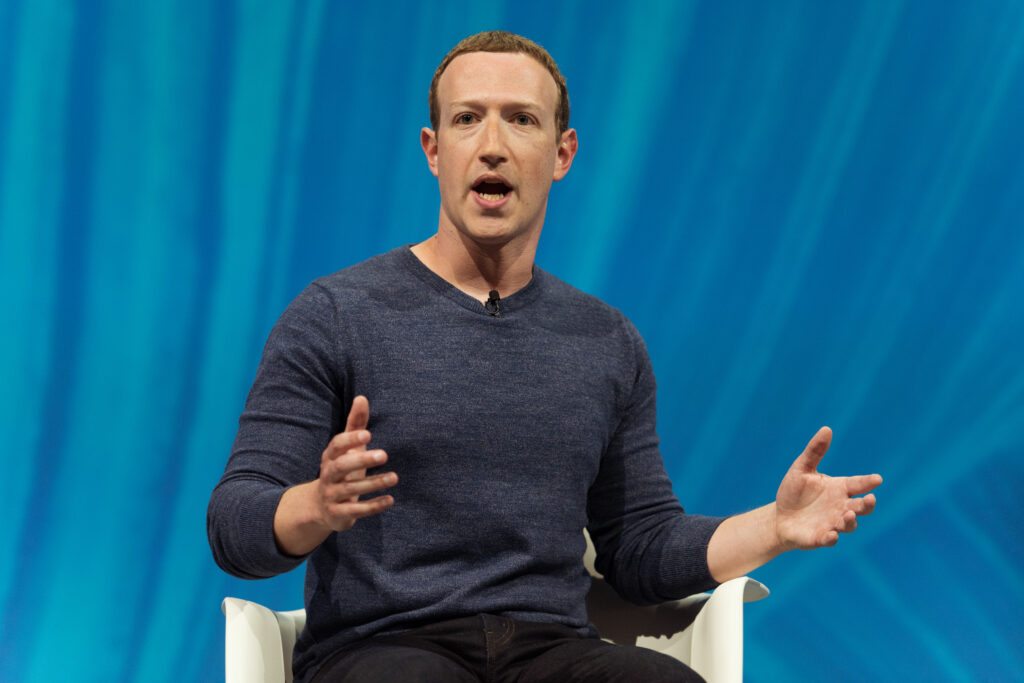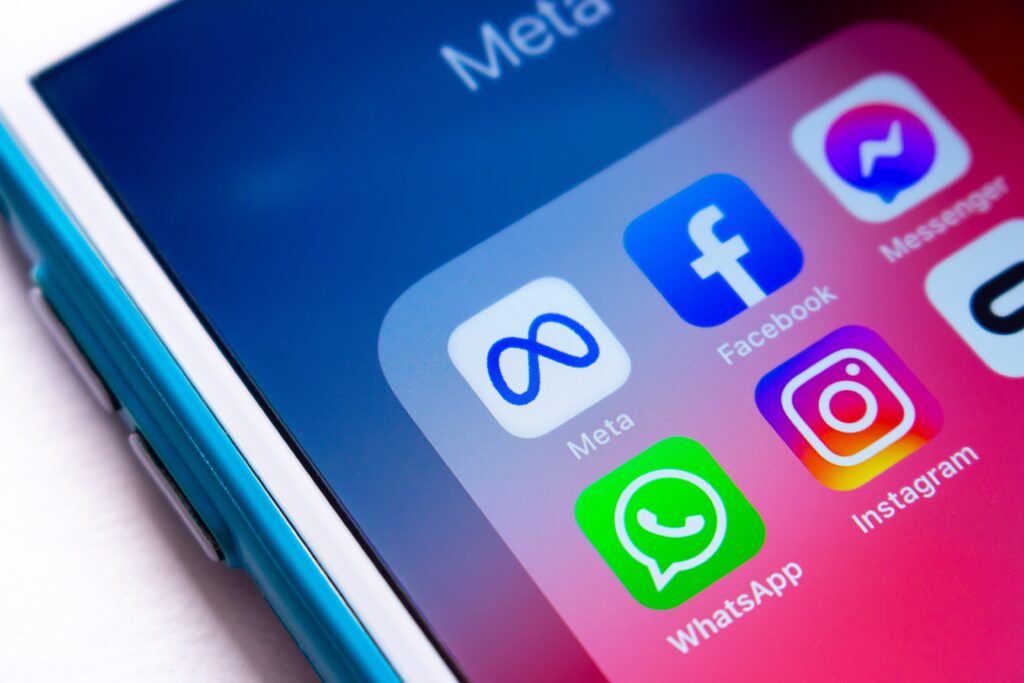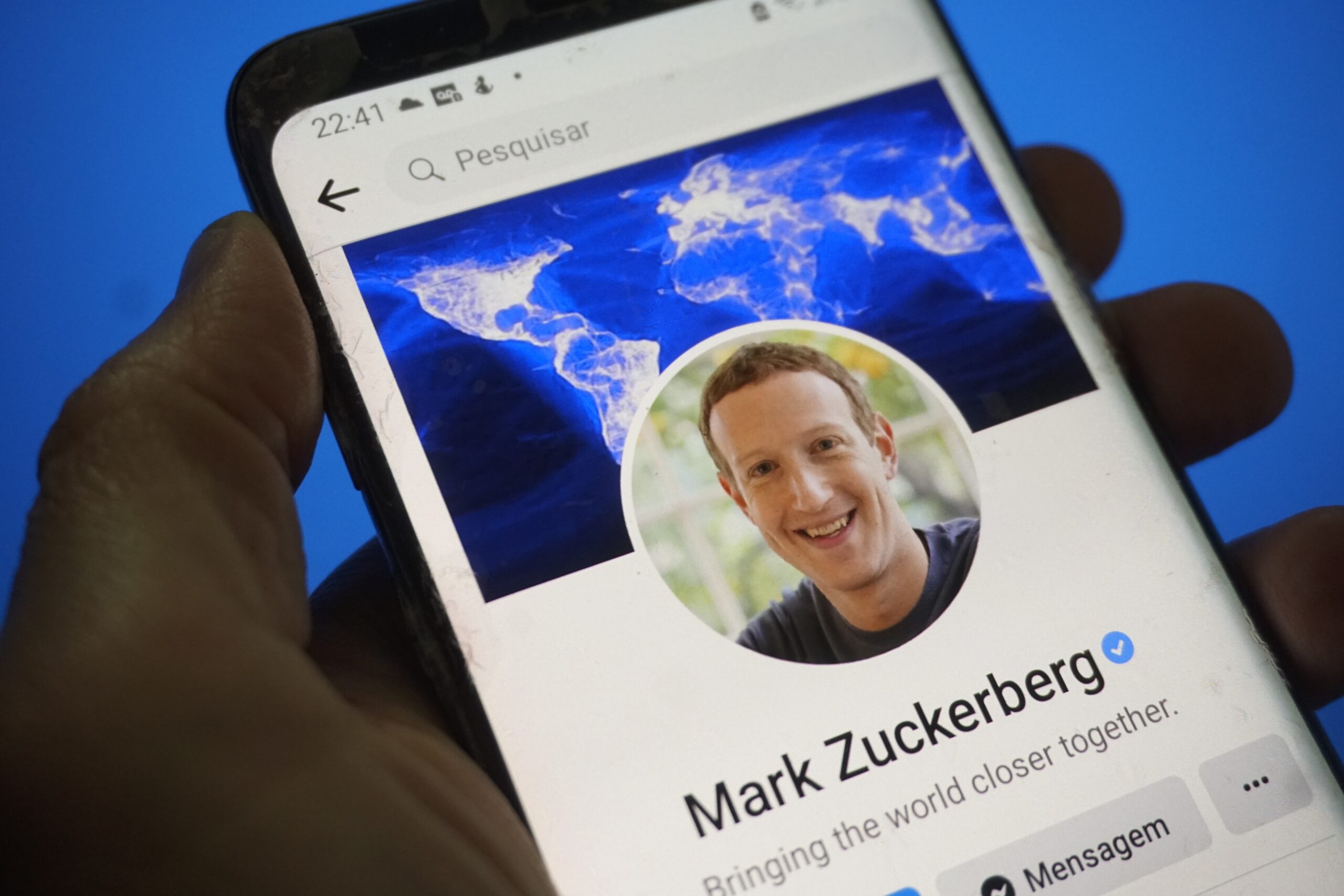I am a boomer. Much to the chagrin of my teenage children, I was an avid Facebook user. I opened my account over ten years ago and make several daily posts. Or, at least, I did until three weeks ago when my account was suspended. I had three accounts and was suddenly locked out of them. There were no warnings of problematic posts. I opened a new account from a different email address, but that was blocked within one week before I made any posts. Surprisingly, my Instagram account (another Meta product) also disappeared. I was allowed to appeal, though I was not told why I was appealing. This required sending a photo ID. My “appeal” was rejected, and I was informed there was no recourse. No more appeals.
I have suspicions. Two of my co-workers at Israel365 News, administrators on the news site’s Facebook page, were also removed from Facebook without being told why. I believe this all comes from the owner of Meta, Mark Zuckerberg. From the beginning, Zuckerberg has been a notoriously dishonorable character. While it has never been definitively proven, it seems clear that Zucekrberg’s real genius was stealing the idea for Facebook from the Winklevoss twins.
My real gripe is that Facebook is so isolated from its consumers that it has become a tool of control and even oppression. Facebook has over three billion users, and over two billion use the service daily. The company has $135 billion in annual revenue and is valued at over $910 billion. Shockingly, the company has almost twenty thousand employees (not including programmers), but there is no way that a person can connect with a human employee. I have spent countless hours following the online trail, searching for customer support. It does not exist. If they shut down your account, you cannot even access the automated help dialogues, though there are five active LGBTQ helplines.
When discussing this with a friend, I was told that it is a private business and can do what it wants. That is not actually true. Businesses may only refuse to serve customers for specific reasons, usually because the person is a threat to others. There must be a valid reason behind the refusal, and it cannot be discriminatory. In this regard, Mark Zuckerberg has already broken the law. In 2020, Facebook and Twitter restricted the sharing of the New York Post Article about Hunter Biden’s laptop. Zuckerberg admitted this resulted from FBI pressure, a blatant and disturbing First Amendment violation. Zuckerberg only expressed regret over this violation after the House Judiciary Committee opened an investigation into content moderation on online platforms.

This leaves me wondering whether Facebook kicked me off their platform because of my political and religious views. It certainly seems that way, but they did not explain it, nor can I ask. It is interesting to note that in 2016, the Israel Law Center (Shurat HaDin) accused Facebook of neglecting complaints of incitement against Israelis and Jews, as well as passively encouraging terror attacks by failing to remove posts that call for violence. Facebook has also been accused of allowing Holocaust denial and of ruling that the message “Kill all Jews” does not violate community standards. It is interesting to note that despite claims by Facebook that they monitor for antisemitism, several pages named Death to Israel remain on the platform.
This is a life-or-death issue for Facebook. Section 230 of the Communications Act of 1934, enacted as part of the Communications Decency Act of 1996, provides immunity for online computer services concerning third-party content generated by its users. Simply put, it protects social media platforms from legal action based on content posted on their platforms. This legislation was passed when social media was just starting and has been much contested. Before the Internet, case law was clear that a liability line was drawn between publishers of content and distributors of content; a publisher would be expected to have an awareness of the material it was publishing and thus should be held liable for any illegal content it published, while a distributor would likely not be aware and therefore would be immune.
So, if Facebook moderates posts, playing an active role in deciding what gets posted, it should lose its Section 230 protections. While it is true that an unmoderated platform will be flooded with hateful messages, this is true of any open forum. And if the majority of people are sane, this will eventually work itself out.
🚨!! BREAKING NEWS !!🚨
— Just a MAHA Mom for RFK Jr (@just_a_mom4rfk) August 27, 2024
Yesterday was a big day for free speech and government involvement in online content moderation (which is a clear and troubling violation of the First Amendment). Meta founder, Chairman and CEO Mark Zuckerberg penned a letter to House Judiciary Committee… pic.twitter.com/PglSik0EbX
I hope so.
Section 230 has been hotly debated in public forums and Congress. Though I have no proof, it seems clear to me that the internet giants served their left-wing masters so well that Section 230 was kept in place. Election interference is accepted as long as your candidate wins.
But there is another issue. It seems clear that Facebook acts as a publisher, deciding what content users get to see or, in my case, whether I get to see the content and play a part in public discourse at all.
Facebook is clearly not a passive platform. Imagine you were speaking to a friend on your phone, and the carrier decided to play a loud tone every time you spoke of a particular topic. Imagine if the phone carrier decided who could make phone calls based on their political beliefs. Or, if this is too difficult to imagine, try thinking of this form of censorship from an email company. Imagine getting your Gmail cut off without warning or explanation and all your content and contacts deleted. Imagine realizing that several of your friends with similar political or religious beliefs suffered the same treatment.
Section 230 was intended to allow public bulletin boards to exist. But Facebook is far more than a bulletin board. It is more than a publisher. It has messaging. Facebook has cut me off from communicating with people. I have many contacts who only communicate with me through Facebook Messenger. Does Facebook have the right to decide who can communicate with other individuals?
It gets worse. While I noticed the Meta logo on my Instagram account, I didn’t realize that the same company that blocked me from Facebook would also delete my Instagram account.
This experience has left me with a few realizations. I will never again become so dependent on a service. Facebook is not free. They suck away at private information. In what universe is this legal?
And they are absolutely a monopoly. Meta Platforms owns four of the biggest social media platforms, all with more than one billion monthly active users each.

The internet is still new to the human race. It is an indispensable tool, but we are also realizing its dangers. Last month, Mark Zuckerberg was reprimanded by the Senate Judiciary Committee for not doing enough to safeguard kids online. Sen. Lindsey Graham told Zuckerberg he had “blood on his hands.”
“You have a product that’s killing people,” said Graham, to the cheers of many of the public attendees.
Zuckerberg acknowledged his guilt, apologized to the victims, and committed to setting up a fund for them.
But Zuckerberg has far more to apologize for. He has been permitted to run amok and wield unlimited power. In a normal business that has actual contact with the public and must listen to disgruntled customers, this would not happen. But Zuckerberg built a monopoly that is entirely insulated from the public. He has done what he wanted without suffering any consequences or even having to listen to complaints. Of course, the only way to do this is to cozy up to people in power, which Zuckerberg did.
I believe that “the worm has turned.” I am confident that such an insidious monopoly will not be permitted to continue. I am confident that Meta will be compelled to adhere to normal business practices.





